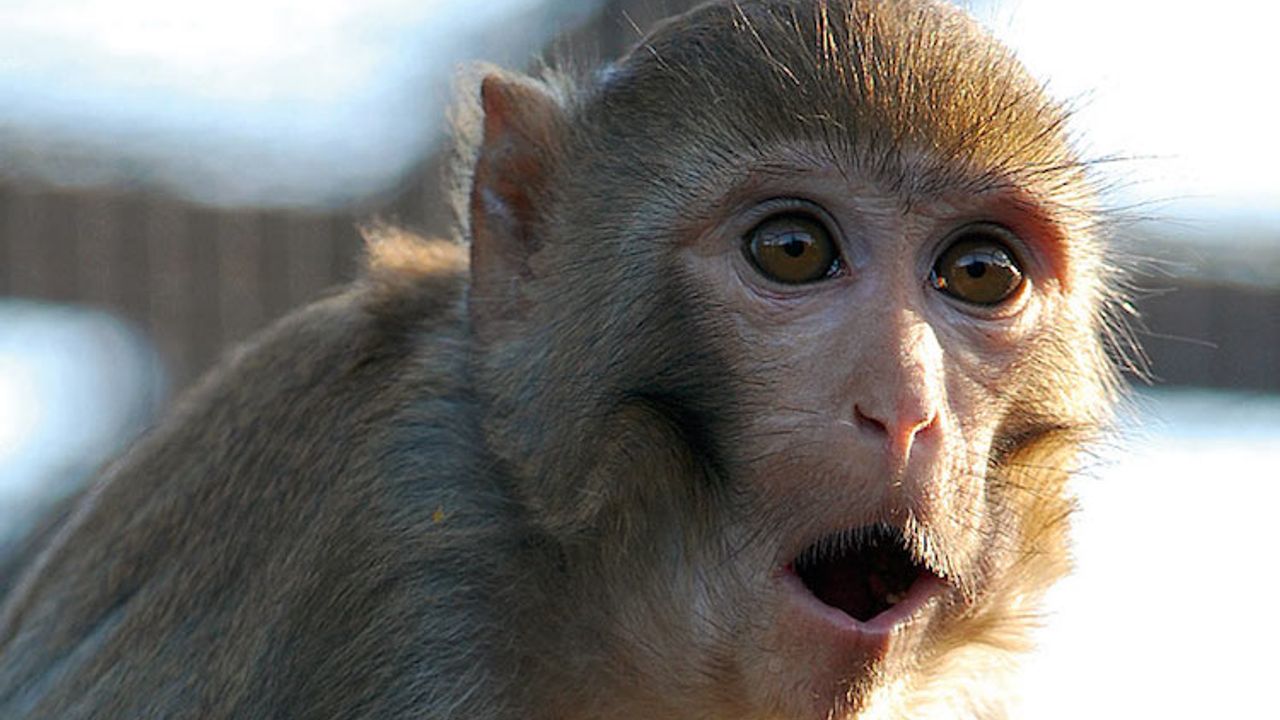Cloning studies carried out by scientists continue unabated. Previous attempts to clone rhesus monkeys were unsuccessful and the offspring died within hours of birth.
Writing in Nature Communications, researchers say the rhesus monkey has been healthy for more than two years, indicating that the cloning process was successful.
A spokesperson for the UK's Royal Society for the Prevention of Cruelty to Animals (RSPCA) said the organization believes that animal suffering is more important than the direct benefits to human patients.
Rhesus monkeys are found in the wild in Asia as their natural habitat. Their populations are concentrated in India, Thailand, Vietnam and Afghanistan. Because of their proximity to humans, the species is often used in experiments to study infection and the immune system.
Animal rights groups have expressed "deep concern" about the cloning developments.
Sexual reproduction in mammals results in offspring that are a mixture of genes from the mother and father. In cloning, techniques are used to create a genetic copy of a single animal.
MONKEY CLONING STUDIES
The first "macaque monkeys" were cloned in 2018, but rhesus monkeys are preferred by medical researchers because of their genetic similarity to humans.
The problem with this method is that mistakes are made in most attempts and very few clones are born. The research team emphasizes that rhesus monkeys, which were never cloned until they were successful two years ago, are even more difficult to produce.
In the failed rhesus trials, scientists noticed that the placentas, which provide oxygen and nutrients to the growing fetus, did not develop normally.
The researchers used 113 embryos in their study. They achieved two pregnancies and one live birth.
The monkey was named "ReTro" after the scientific method used to produce the animal, called "trophoblast replacement".















